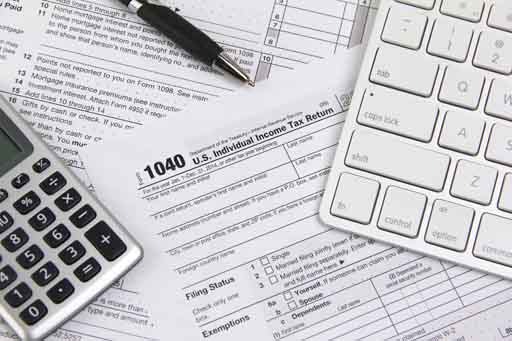I used to tell to my friends and clients to hang up if they receive IRS collection calls. Similarly, the IRS and law enforcement officials often issue warnings about phone scams involving tax collection, and each time they claim the same thing: “The IRS will never call you to demand payment. It sends letters by mail.” I guess, it’s no longer true.
In a 1,300 page Transportation Bill signed into law in December, 2015, which now requires the IRS to assign its outstanding tax bills to outside collection agencies. Under the new law, the IRS must use private third-party collection agencies to collect “inactive tax receivables.” These receivables often represent past-due taxes that the IRS hasn’t collected in the past due to lack of time or resources. This means that private collection agencies will now be calling taxpayers as representatives of the IRS to collect unpaid taxes.
The IRS Will Have to Use Third Party Collection Agencies to Collect Taxes
So, now the non-IRS collection agencies may call you. If the IRS thinks you owe money, you may have your tax bill assigned to a debt collector. This means you could receive phone calls and communication from third party collection agencies that have your tax information.
Be alert of potential fraudulent calls. This debt collector requirement may open the door to more tax fraud as thieves know they can falsely represent themselves as a legitimate collection agency for the IRS. It’s unclear how businesses and consumers would be able to determine whether a caller is the legitimate IRA-appointed collection agent or not.
Remember to be cautious if you are contacted by someone representing himself/herself as an agent of the IRS. When in doubt, ask for help before providing any information. Obtain the caller’s contact information, request to stop calling you and send all the relevant collection information by mail. Once you receive the requested information by mail, please contact your accountant/CPA or attorney to evaluate the legitimacy of the collection action.
Please, never provide your social security, bank or credit card information to any collection agency over the phone. Even if there is an issue with your tax returns, the IRS and/or collection agency would have to file a legal action to seek any recourse, which requires proper service.
This article is intended to serve as a general summary of the issues outlined therein. While this article may include general guidance, it is not intended as, nor is it a substitute for, a qualified legal advice. Your receipt of this article from Lexern Law Group, Ltd. (the “LLG”) or any of its attorneys does not create an attorney-client relationship between you and the LLG. The opinions expressed in this articles are those of the authors of the article and does not reflect the opinion of the LLG.

